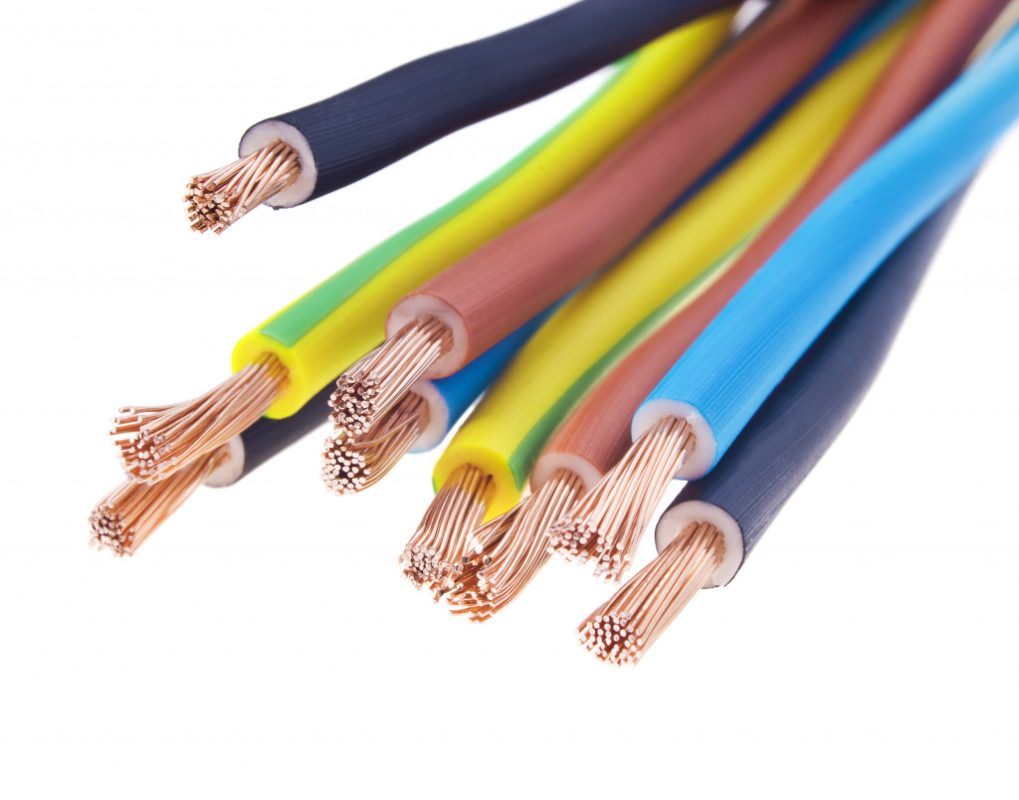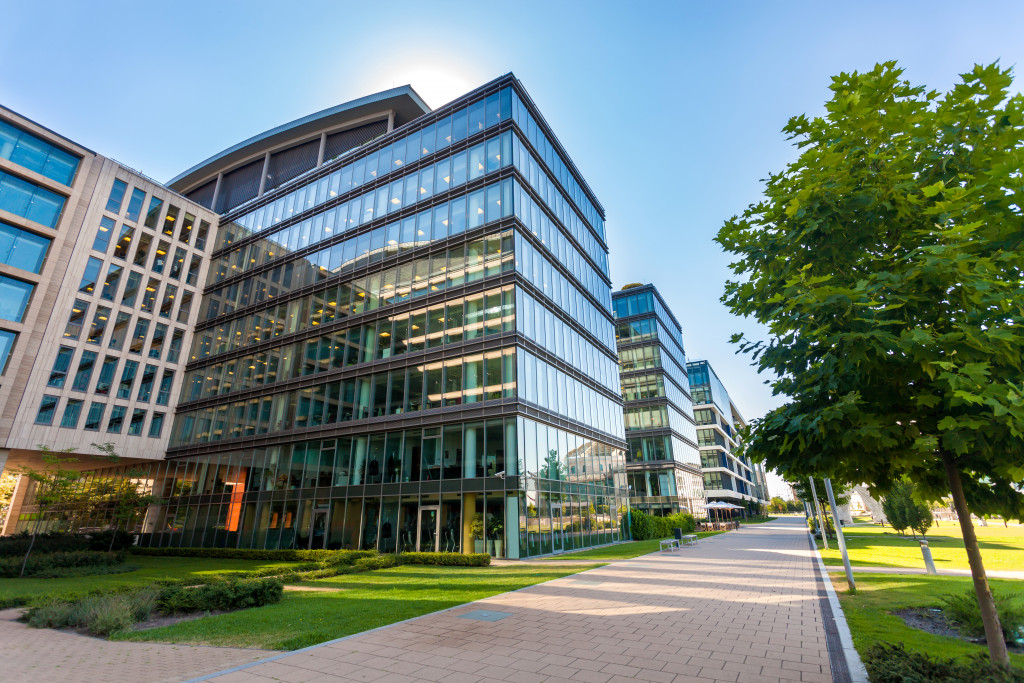- Effective power management and distribution, smart technology utilization, the right circuit configurations, and energy-saving practices can improve the electrical workflow.
- Regular equipment inspections ensure optimal functioning of electrical components, early identification of issues, and safety regulation compliance.
- Routine electrical maintenance, performed by professionals, enhances the safety, efficiency, and longevity of a commercial building’s electrical infrastructure.
- Hiring experts in commercial and industrial electrical systems, who provide comprehensive services from system design to maintenance and upgrades, ensures optimal, safe, and cost-effective functioning of the building’s electrical systems.
Ensuring the quality of your electrical systems is paramount in managing a commercial building. Implementing the best strategies could make all the difference between smooth operations and frequent, costly disruptions. Delve into some effective measures you can adopt to ensure your infrastructure’s safety, efficiency, and reliability.
Optimize Electrical Efficiency
Regular system audits are vital to optimize electrical efficiency in a commercial building. These audits can identify potential energy wastage and inefficiencies, such as outdated equipment or suboptimal system configurations. Here are more tips to help you:
Careful Planning and Design
Careful planning and design form the backbone of a well-functioning electrical infrastructure in a commercial building. It begins with a detailed analysis of the building’s power needs, considering the specific requirements of individual sectors within the premises. This is followed by the design of an electrical system that can cater to these needs efficiently, while also being flexible enough to accommodate future expansion or modifications.
Thoughtful placement of electrical outlets and switches, proper wiring routing, and the use of energy-efficient devices are all parts of this process. Additionally, incorporating renewable energy sources, such as solar panels, into the design could yield long-term savings and make the building more environmentally friendly.
Improve Electrical Workflow

Improving the electrical workflow relates to effectively managing and distributing electrical power within the building. This involves using state-of-the-art technology such as smart grid systems and energy management software to monitor and control energy usage across the building in real time.
It also includes utilizing the right circuit configurations to prevent overloading and ensure a steady power supply to all building sectors. In power outages, having a well-planned backup power system is crucial to minimize disruptions.
Furthermore, implementing energy-saving practices such as turning off unused lights and equipment can significantly enhance electrical workflow and efficiency. Remember, a well-managed electrical workflow reduces energy costs and creates a safer and more productive working environment.
Regular Equipment Inspection
Regular equipment inspections are pivotal to maintaining electrical efficiency in a commercial building. These involve detailed checks of all electrical components, including wiring, circuit breakers, outlets, and machinery, to confirm their optimal functioning.
Scheduled inspections can identify issues early, preventing minor problems from escalating into major, potentially hazardous ones. Furthermore, this routine ensures compliance with safety regulations, reducing the risk of electrical fires or shocks. Conducting these inspections at least once a year is advisable, but high-usage equipment may require more frequent checks.
Remember, while these inspections can be done by trained staff, certain aspects might require expert attention. Hire professional electricians to conduct more thorough assessments and necessary repairs or replacements where needed. Ultimately, regular equipment inspections are a critical investment in the safety, efficiency, and longevity of your building’s electrical infrastructure.
Routine Electrical Maintenance

Routine electrical maintenance is integral to managing a commercial building’s electrical efficiency. This practice involves consistent upkeep of all electrical components, from wiring and circuits to switches and outlets, ensuring optimal performance. Regular maintenance helps avert potential system failures by identifying and rectifying issues before they escalate, resulting in significant cost savings in the long run.
It also extends the lifespan of electrical equipment, reducing expenditure on replacements. Furthermore, a well-maintained electrical system contributes to a safer working environment, minimizing the risk of electrical hazards such as shocks or fires.
To ensure the highest standard of maintenance, consider hiring professionals who can perform comprehensive checks and execute necessary repairs or adjustments. Consequently, routine electrical maintenance is essential for enhancing the safety, efficiency, and longevity of your commercial building’s electrical infrastructure.
Annual Electrical Checkup
An annual electrical checkup in a commercial building entails a comprehensive review and evaluation of the entire electrical infrastructure. It involves checking all electrical systems, including wiring, circuits, and equipment, to identify any safety risks or performance issues.
This preventive measure can help uncover problems that are not visible or apparent during routine monitoring or maintenance. Both the interior and exterior electrical components are inspected during these checkups. While internal checks focus on the functionality of circuits, outlets, and machinery, external reviews assess the condition of transformers, meters, and other outdoor electrical installations.
This thorough examination ensures the electrical system’s overall health and safety, ultimately contributing to the building’s operational efficiency. Hiring professional electricians for this task is advisable, given their expertise and comprehensive understanding of complex electrical systems. An annual electrical checkup is a proactive step towards safeguarding your commercial building from electrical mishaps and operational disruptions.
Hire Experts
Engaging the services of professionals specializing in commercial and industrial electrical systems is a strategic move in managing a commercial building’s electrical efficiency. Experts in this field, such as those providing reputable commercial and industrial electrical services, come equipped with in-depth knowledge and experience, enabling them to address complex electrical issues efficiently and safely.
They offer services from initial system design and installation to regular maintenance, inspections, and system upgrades. Furthermore, they stay abreast of the latest technological advancements, ensuring your building’s electrical infrastructure aligns with contemporary standards and practices.
Ultimately, having a professional team provides peace of mind, ensuring your building’s electrical systems function optimally, adhere to safety regulations and operate cost-effectively. Remember, the investment in expert services can significantly outweigh the costs associated with potential electrical failures or non-compliance with safety standards.
Your building’s safety and efficiency are worth the investment. Act today and pave the way for a safer, more efficient, and cost-effective future.

